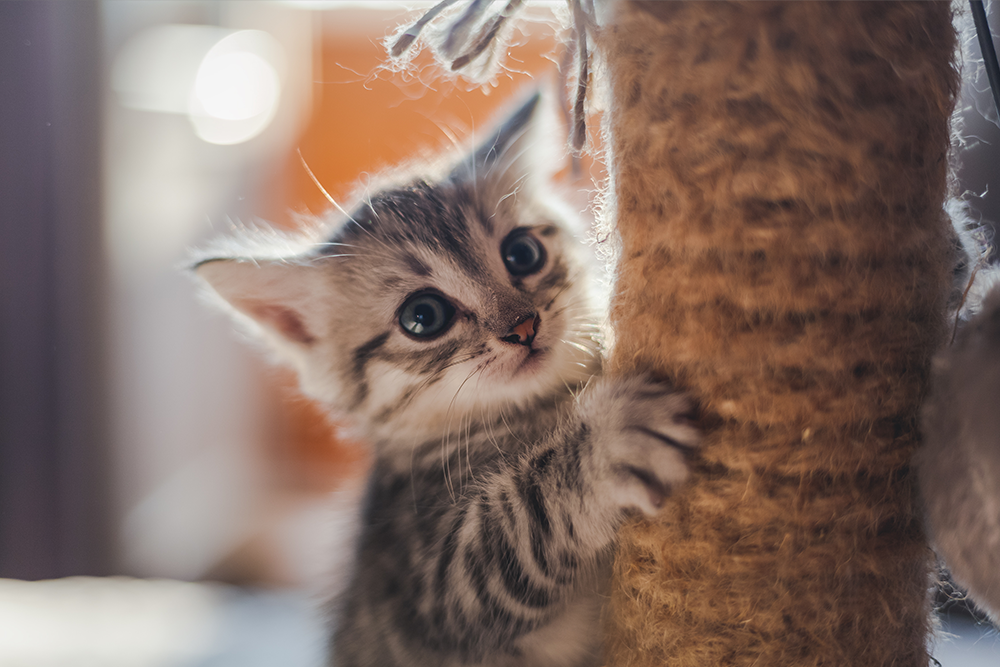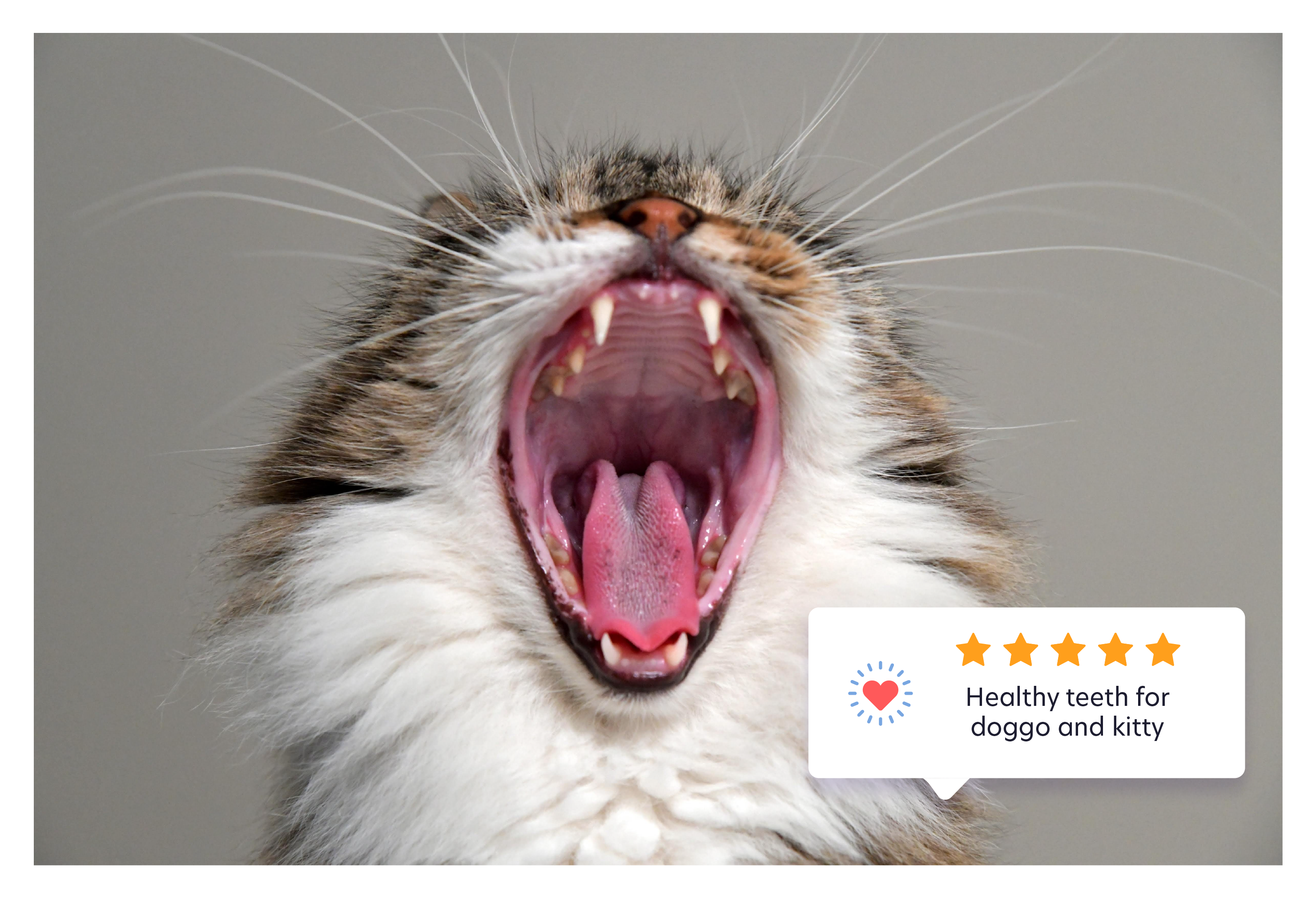
Why Does My Dog Eat Grass?
by Jane Meggitt - 8/14/19
Why do dogs eat grass? While canines are omnivores, they definitely trend more toward the carnivore than the herbivore end of the spectrum. Still, grass consumption remains fairly common in dogs, and the reason may prove as individual as the animal.
Why Do Dogs Eat Grass?
Perhaps you’ve witnessed your dog eat grass, only to throw up a few minutes later. That was likely his intent. The most common explanation for canine grass ingestion is that it’s the animal’s way to ease nausea or gas pain. Vomiting can relieve nausea, at least temporarily.
Most dogs don’t appear sick before eating grass, however, and not all dogs throw up afterward. If something is missing from a dog’s diet, he instinctively seeks out sources of these items. Dogs require fiber, and grass provides plenty of it. Lack of fiber leads to constipation and other digestive issues.
Scavenger Instincts Because canines developed as omnivores, they also developed as scavengers. Wild canids, such as foxes, coyotes and wolves, will instinctively consume a certain amount of plant material. Herbivores serve as canine prey, and when their bodies are eaten, the canine also eats the grass and plants in the digestive tract.
Your pampered pet is a long way from her wild ancestors, but her instincts still guide her. Well-fed dogs who get into the garbage don’t do it because they’re hungry, but because their scavenger instincts tell them there’s food in this bin. The same holds true for grass eating. As the owner, you must train your dog regarding acceptable and unacceptable instincts. Getting into the garbage is out, but perhaps a little grass eating is permissible.
Nervous Habits
Some dogs, especially those left outdoors without companionship all day, may develop a grass eating habit out of boredom or nervousness. Think of it as the canine equivalent of smoking cigarettes or nail biting. If you think this is why your pet is chewing grass, try spending more time with him or provide him with toys that offer challenge and mental stimulation. Having another dog to play with might break the grass habit, or perhaps your pet would thrive in doggie daycare.
The Taste of It
Perhaps eating grass is just a matter of taste for some dogs. Your dog might prefer the tender green shoots of spring rather than the drier summer grasses. Many dogs eat grass because they think it tastes good, and the texture isn’t bad, either.
Is Grass Eating Dangerous for Dogs?
If your dog likes to snack on grass regularly, you probably don’t have anything to worry about, but make sure the grass he’s eating hasn’t been treated with pesticides or other chemicals. If you don’t know whether the grass is treated, don’t let him put any in his mouth.
While moderate grass eating shouldn’t harm dogs, let your vet know if your pet suddenly starts eating a lot of lawn. It’s possible he’s trying to self-medicate, and your vet can get to the bottom of what’s bothering your dog. There’s also the possibility of ingesting parasites if he eats dirt along with grass. That includes hookworm and roundworm larvae. If your dog is on a regular deworming program, these pests shouldn’t affect him, but bring his stool sample to the vet for parasite testing.
Jane Meggitt’s work has appeared in dozens of publications, including USA Today, The Alternative Daily, nj.com, The Happy Cat Site and The Nest Pets. She is a graduate of New York University.
References




.jpg)

.jpg)
























.jpg)
























































.jpg)













